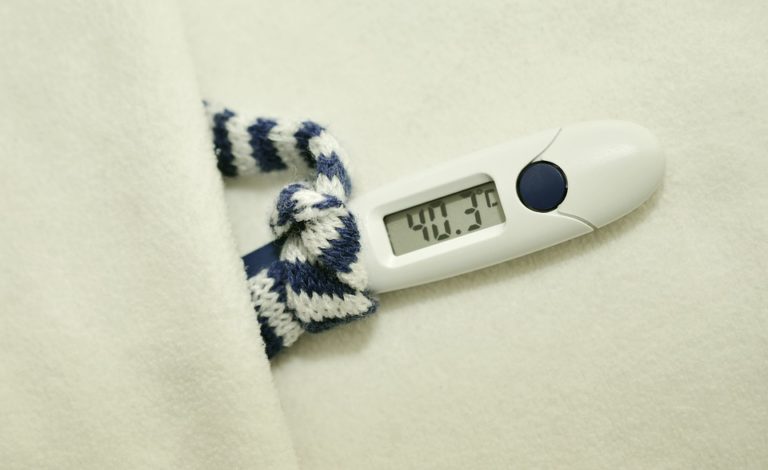
You wouldn’t eat a food that shrinks your brain. You wouldn’t drive a car that makes you sweat. You wouldn’t buy a purse that worsens PMS. So why are we all so cool with stress being just “a part of life”?
It doesn’t have to be. And if you reduce stress, you will be better for it. Because the impact stress has on your body is remarkable—and hazardous.
It can give you headaches
Your head is more likely to throb when you’re stressed, according to the Mayo Clinic, with a tension-type headache or even a migraine. And feeling under pressure is also likely to make your headaches worse.
It causes shaking
Stress kicks your body into its fight or flight mode, ramping up the release of certain hormones and preparing you to deal with danger. The result can sometimes be hands that shake like maracas.
It shrinks your brain
We’re not kidding. When we’re stressed, our body releases the hormone cortisol, and in limited doses, it can actually be beneficial. But studies—including one at the University of California at Berkeley—have shown that chronic stress actually decreases the weight and volume of the brain.
It can give you heartburn
Stress can increase the production of stomach acid, leading to that annoying reflux, as acid irritates the esophagus. And if you already suffer from chronic heartburn, stress can make it worse. A study of nearly 13,000 sufferers published in Internal Medicine discovered that nearly half reported stress as the biggest factor that worsened symptoms.
It can lead to insomnia
Stress gets us all riled up and causes hyper-arousal, making it difficult to fall asleep, stay asleep and making the quality of our sleep worse.
It can make you short of breath
When you’re stressed, the muscles responsible for breathing tense up, making it more difficult to catch your breath.
It can weaken your immune system
If it seems like you’re more likely to be sick when you’re stressed, you may not be imagining it. Studies have shed light on the link between stress and sickness, finding that those living with chronic stress (such as unemployment or care-giving to a dementia patient) had a suppressed immune system that left them more vulnerable to the flu and a host of other illnesses.

























